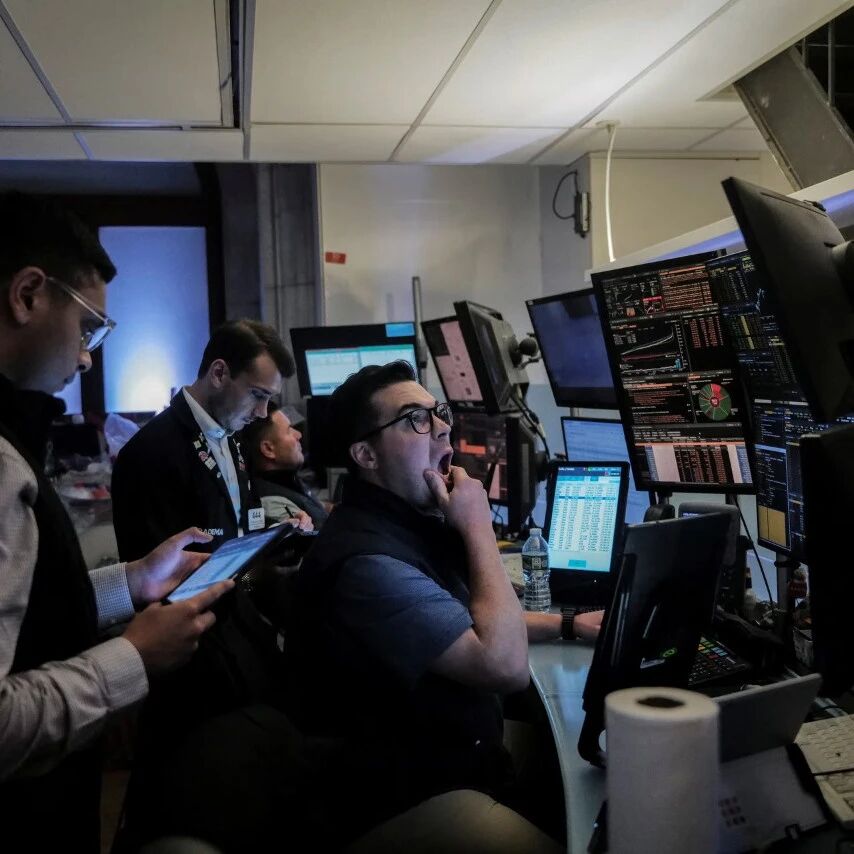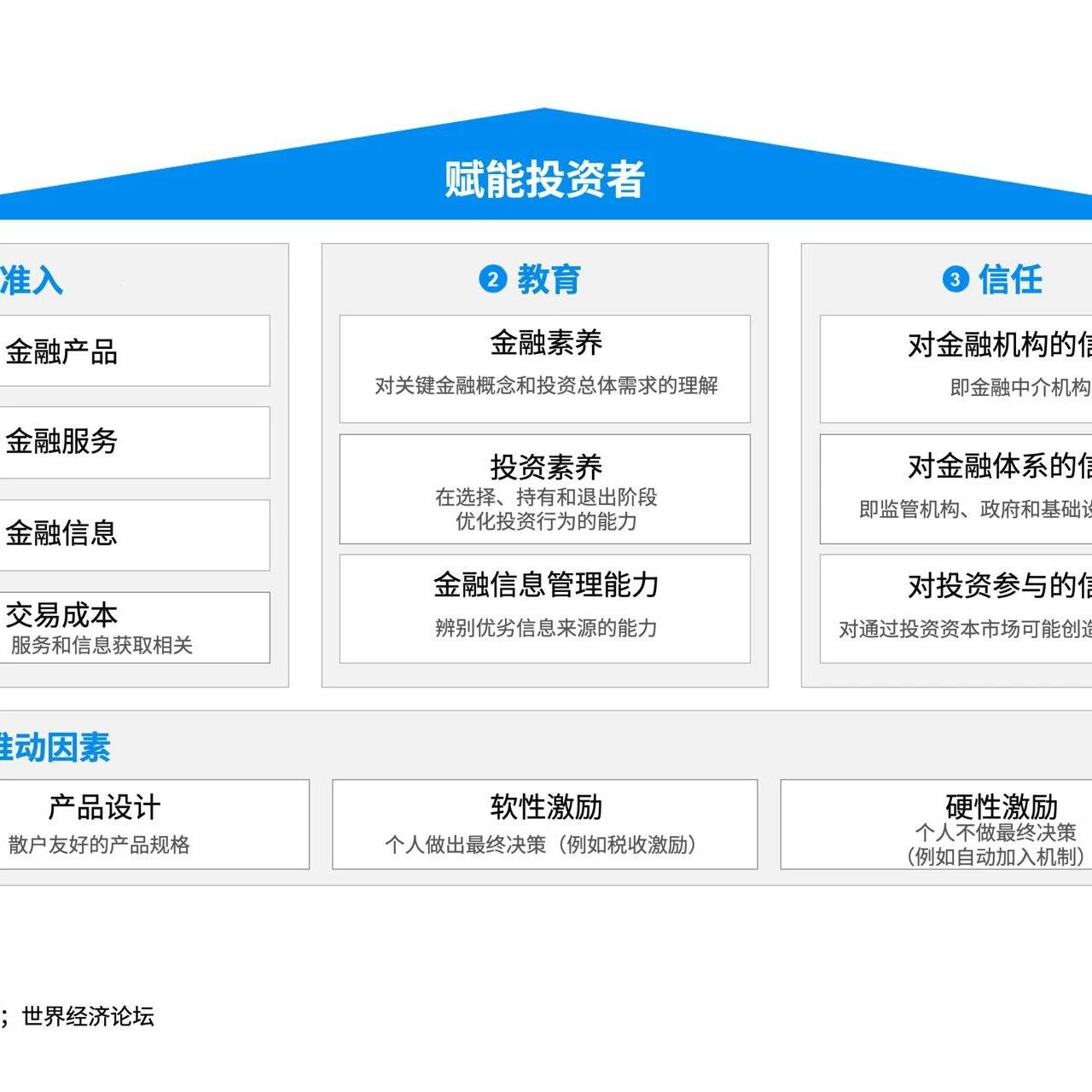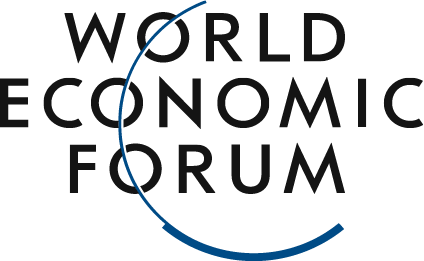
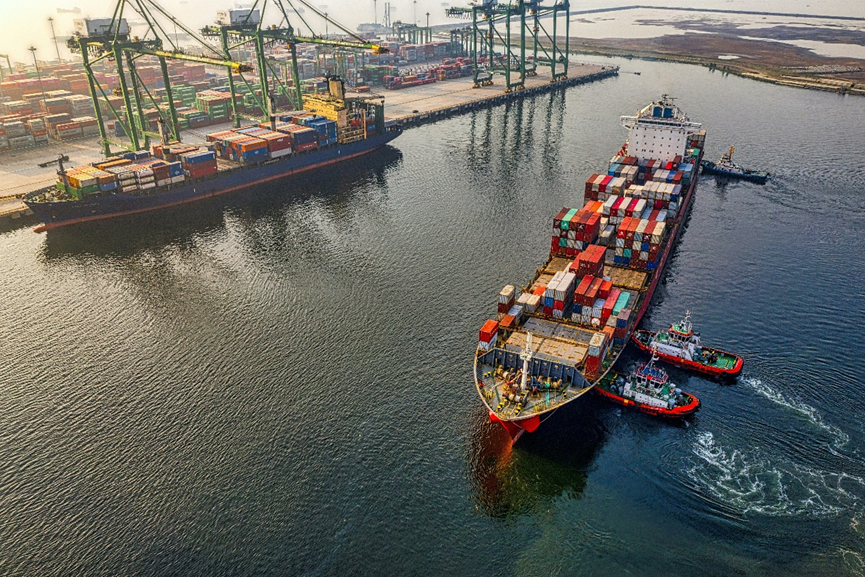
:william william/unsplash
TCL
,WTO,,,,,WTO30,,199520235.8%Globalization contributes, on average, to global economic growth each year.0.2 percentage points.
However, while globalization has generated immense wealth, it has also revealed its inherent limitations: due to disparities in resources and capabilities across countries and regions, the benefits of globalization have been unevenly distributed, leading to imbalanced regional development.,GlobalizationWidely questioned.This imbalance is primarily evident in two key areas:
First, the hollowing out of manufacturing in developed countries.Globalization has accelerated the shift of manufacturing from developed to developing countries, leading to job losses and industrial hollowing-out in developed nations. Take the United States as an example—manufacturing once accounted forThe share of GDP declined from 24% in 1970 to 202.4Of the year9%. This trend has sparked concerns among developed nations about economic security and social stability, even becoming a significant driver behind the rise of trade protectionism.
Second, developing countries have been locked into the lower end of global value chains for an extended period.Multinational corporations typically shift labor-intensive production stages to developing countries, while keeping high-value-added activities like R&D and design in their home countries. While this division of labor has created employment opportunities in developing nations, it has also left these countries overly reliant on low-end manufacturing, making it difficult for them to upgrade their industries. For instance, although many Southeast Asian countries have become key global hubs for electronics production, they still remain dependent on others when it comes to core technologies.
Against the backdrop of a global economic restructuring, balancing efficiency with equity has become a key issue in this new wave of globalization.
First, it's important to clarify that even thoughGlobalization entersDepthDuring the adjustment period, efficiency must still be prioritized.Driven long-term by multinational corporations, through technology transfer and industrial investmentAndManage outputBy various meansGlobalization once greatlyGroundEnhancing resource allocation efficiency has led to unprecedented economic growth and widespread access to products.
But in the face of the new global landscape,Multinational corporations asA proactive participant in globalization,It's time to re-examine our development strategy,From solely pursuing efficiency to prioritizing both efficiency and fairness,From exporting products to co-building industrial capabilities with the local community,By building localized industrial and supply chains, we can benefit the economic and social development of the regions where these industries are located.
How exactly do we do it?"Globalization is localization"—that might just be the answer. While pursuing its global expansion, TCL has actively embraced a localization strategy by establishing local industrial chains in key markets and regions. These chains encompass industry investment, manufacturing, R&D, and talent development, seamlessly integrating with local resource advantages and developmental needs to achieve mutual growth and win-win outcomes. The main practices include the following three areas:
,,,,TCL,,,“++”,TCL,,,“”,,TCL500,,,“”
,,,,,SEMP,,,Radio Victoria20,,,,“”,
,TCL,,,800-1000TCL,TCL150,50
TCL,,,,TCL,TCL,2024,1
2,TCL,,,,,,,,,
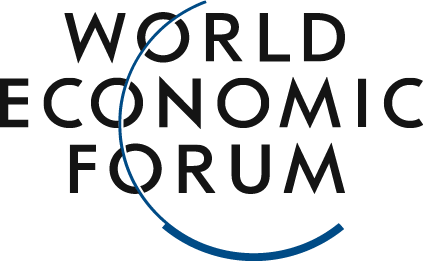
The above content solely represents the author's personal views.This article is translated from the World Economic Forum's Agenda blog; the Chinese version is for reference purposes only.Feel free to share this in your WeChat Moments; please leave a comment at the end of the post or on our official account if you’d like to republish.
The World Economic Forum is an independent and neutral platform dedicated to bringing together diverse perspectives to discuss critical global, regional, and industry-specific issues.
Follow us on Weibo, WeChat Video Accounts, Douyin, and Xiaohongshu!
"World Economic Forum"

